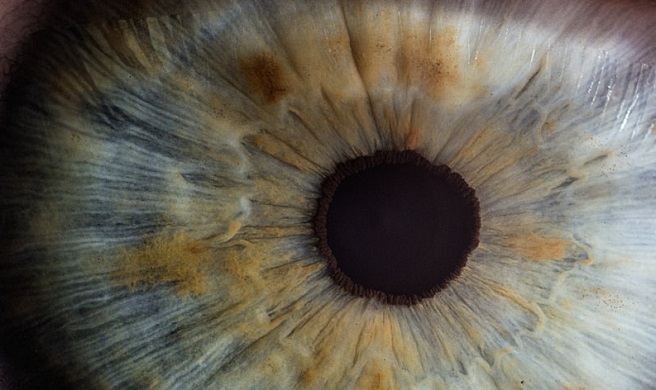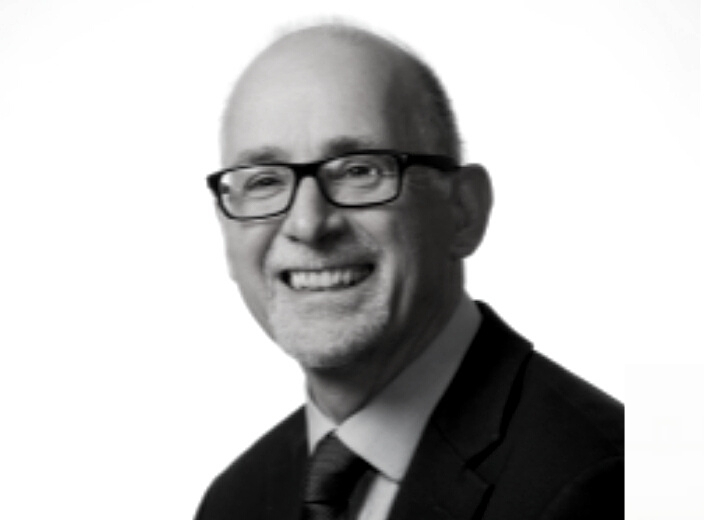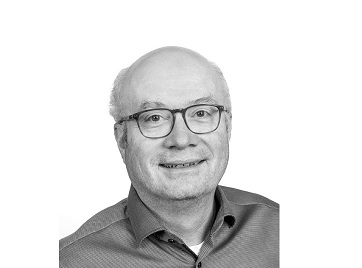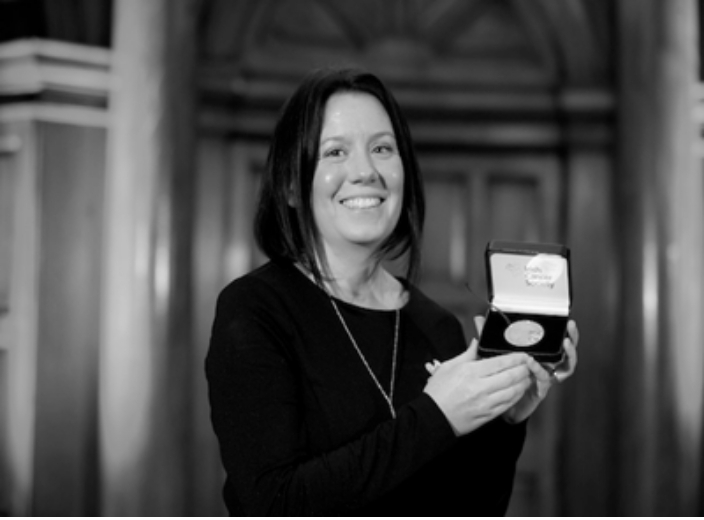-
Courses

Courses
Choosing a course is one of the most important decisions you'll ever make! View our courses and see what our students and lecturers have to say about the courses you are interested in at the links below.
-
University Life

University Life
Each year more than 4,000 choose University of Galway as their University of choice. Find out what life at University of Galway is all about here.
-
About University of Galway

About University of Galway
Since 1845, University of Galway has been sharing the highest quality teaching and research with Ireland and the world. Find out what makes our University so special – from our distinguished history to the latest news and campus developments.
-
Colleges & Schools

Colleges & Schools
University of Galway has earned international recognition as a research-led university with a commitment to top quality teaching across a range of key areas of expertise.
-
Research & Innovation

Research & Innovation
University of Galway’s vibrant research community take on some of the most pressing challenges of our times.
-
Business & Industry

Guiding Breakthrough Research at University of Galway
We explore and facilitate commercial opportunities for the research community at University of Galway, as well as facilitating industry partnership.
-
Alumni & Friends

Alumni & Friends
There are 128,000 University of Galway alumni worldwide. Stay connected to your alumni community! Join our social networks and update your details online.
-
Community Engagement

Community Engagement
At University of Galway, we believe that the best learning takes place when you apply what you learn in a real world context. That's why many of our courses include work placements or community projects.
Transplant Biology
Transplant Biology focusses on the molecular, cellular and functional events that occur when cells, tissues or organs from one individual (a donor) are transferred to another, genetically distinct individual (a recipient). The principle of transplantation is to reverse disease in recipients by transferring healthy, functional tissue from a donor. Despite remarkable clinical successes over the past 100 years, all forms of transplantation remain limited by challenges related to full and lasting integration of donor tissue into the recipient’s body. In particular, the range of acute and chronic immune responses that are triggered by genetic mismatches in major histocompatibility complex and other proteins and the adverse effects of immunosuppressive anti-rejection therapies continue to limit the long-term benefits of transplants. Research in the field of Transplant Biology specifically seeks to better understand the immunological and other barriers to successful transplants and to develop new and safer innovations to overcome them.
The REMEDI Transplant Biology Programme
Research at REMEDI in the field of Transplant Biology focusses on the influences of donor/recipient mismatches on the effectiveness of therapeutic stem cells from non-self (allogeneic) sources. Transferring research strategies and expertise from long-established areas such as solid organ (kidney) and tissue (cornea) transplantation to the questions and challenges surrounding allogeneic regenerative therapies has been an important overarching principle for REMEDI investigators within this theme. Our insights into the complex interactions between allogeneic stem cells and the recipient immune system reveal their potential to both enhance and limit the therapeutic benefits of regenerative therapies. Detailed characterisations of innate and adaptive anti-donor immune responses and experimental comparisons between stem cells from genetically identical (autologous) and allogeneic sources allow us to profile these effects in healthy and disease conditions. We are also exploring the potential for autologous and allogeneic stem cell therapies or their released products to prolong the survival of allogenic transplants by promoting immune regulatory and tolerance pathways.



















